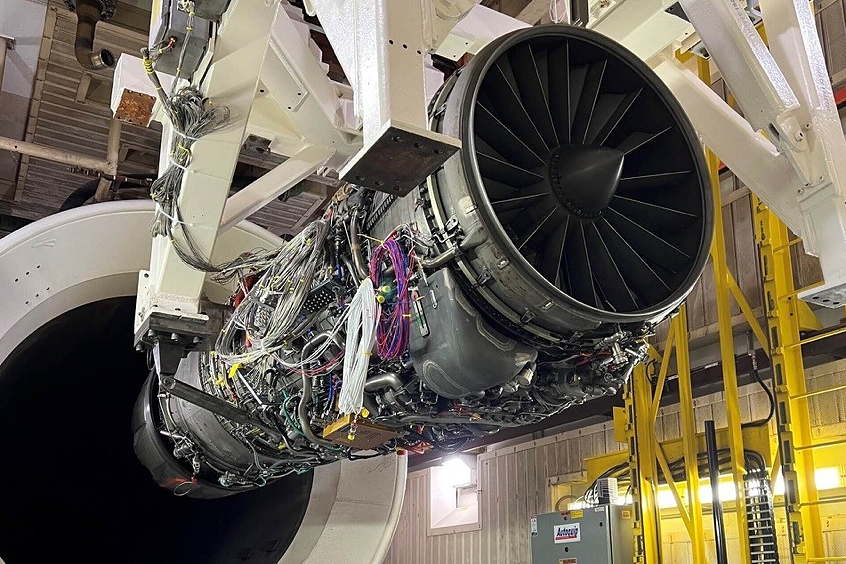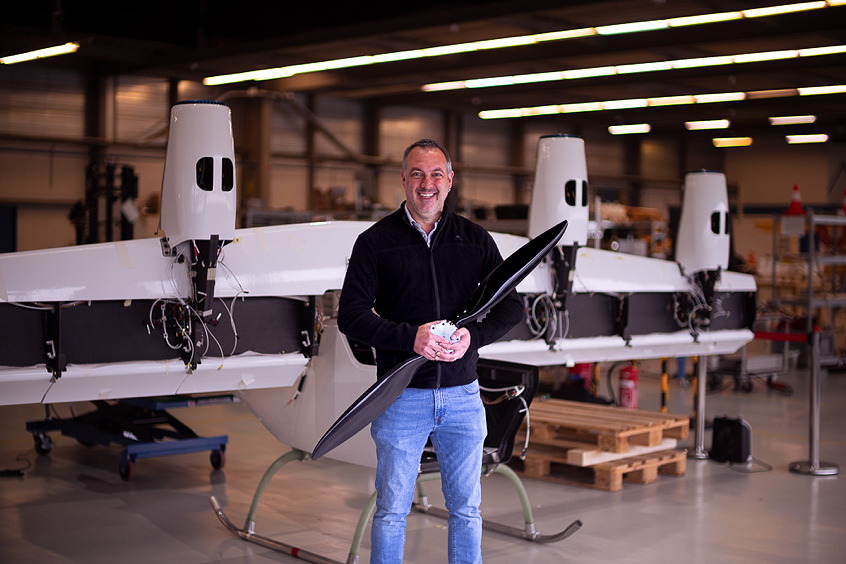Lightweight, high-performance metals leader Alcoa is investing $22 million in Hot Isostatic Pressing (HIP) technology at its facility in Whitehall, Michigan. The investment will enable Alcoa to capture growing demand for advanced titanium, nickel and 3D-printed parts for the world's bestselling jet engines. Steep ramp-up rates for narrow- and wide-body aircraft engines—the top-selling jet engines in the world—are increasing Alcoa's need for such capabilities.
“Combined with our expansions in LaPorte, Indiana and Hampton, Virginia and our growing 3D printing capabilities, this investment will give Alcoa the broadest capabilities to deliver high-quality titanium, nickel and 3D-printed parts for the world's bestselling jet engines.”
“As aerospace growth soars, Alcoa continues to invest in the latest technologies, creating added capacity to capture fast-growing demand,” said Olivier Jarrault, Executive Vice President and Alcoa Group President, Engineered Products and Solutions. “Combined with our expansions in LaPorte, Indiana and Hampton, Virginia and our growing 3D printing capabilities, this investment will give Alcoa the broadest capabilities to deliver high-quality titanium, nickel and 3D-printed parts for the world's bestselling jet engines.”
HIP involves the simultaneous application of high pressure and temperatures to significantly improve the mechanical properties and quality of cast products, such as blades and structures for jet engines. In addition, the process increases the density of 3D-printed parts made using powdered metals, improving product consistency, strength and lifespan. All titanium, 3D-printed and some nickel parts used for jet engines must be treated using the HIP process.
Alcoa already owns and operates one of the world's largest HIP technology complexes for aerospace. This investment will expand Alcoa's capabilities even further, enabling it to process its largest jet engine parts in-house. Through expansions in LaPorte, Indiana and Hampton, Virginia, and by expanding its 3D printing capabilities, Alcoa is extending its product range for next generation narrow- and wide-body aircraft engines, increasing its need for HIP capabilities. With this investment, Alcoa will be able to process any cast jet engine product in its current portfolio.
Alcoa is installing this new technology at its Alcoa Power and Propulsion facility in Whitehall, Michigan and expects it will be ready for product qualification in 2016. Alcoa's eight other HIP production systems are also located in Whitehall, where it has a concentration of engineering and technical resources. Alcoa pioneered this technology in the aviation industry in 1973, and moved its first unit from Battelle Laboratory to Whitehall in 1975.
Demonstrating its support for the expansion, the City of Whitehall has approved a 12-year Industrial Facilities Tax Exemption valued at over $1,000,000.
This investment supports Alcoa's strategy to build its value-add business for profitable growth and greater innovation in the aerospace market. The Company expects robust global aerospace sales growth of 9 to 10 percent in 2015 driven by strong deliveries across the large commercial aircraft, regional jet and business jet segments and sees a current 9-year production order book at 2014 delivery rates. Alcoa Power and Propulsion is expected to generate $2.2 billion in revenues by 2016 as a result of its organic growth expansions.
| Contact details from our directory: | |
| Arconic Technology Center | Testing Services, Research/Consulting Services, Chemical Analysis, Laboratory Testing Services, Failure Investigation |
| Related directory sectors: |
| Test Services |
Weekly news by email:
See the latest Bulletin, and sign up free‑of‑charge for future editions.

Amprius and Stafl team up for battery pack innovation

RISE engine efficiency project gains momentum

Dufour picks Mejzlik propeller blades for the Aero2
